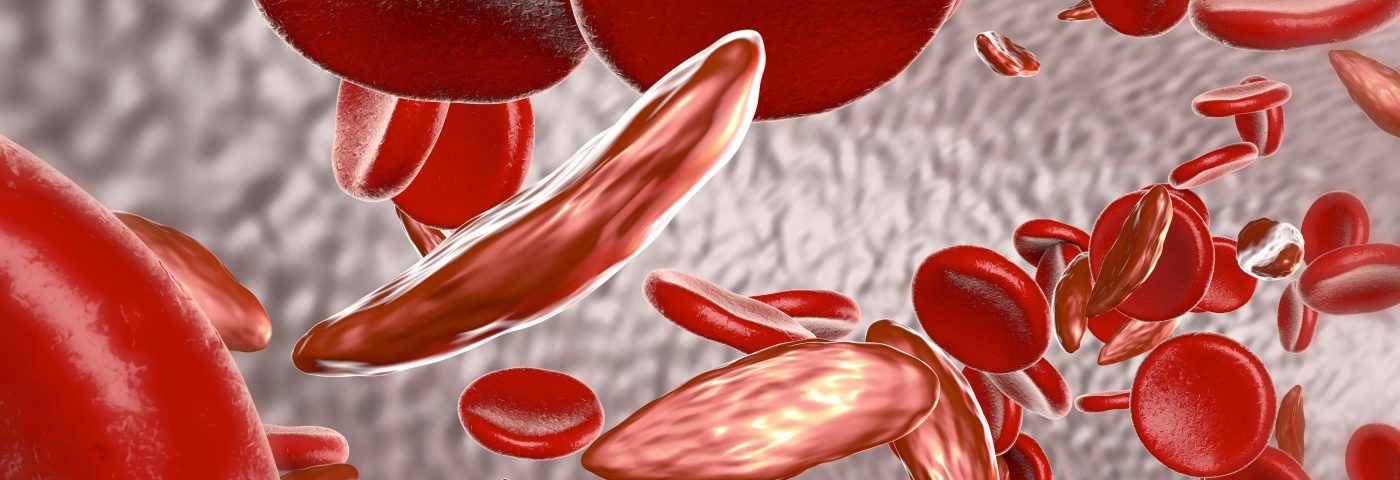California Earmarks $15M for Expanding Care of Adult SCD Patients

California’s legislature has committed $15 million toward sweeping enhancement of adult sickle cell disease (SCD) care in a state with historically underserved patients.
The initiative is intended to improve care largely through creation of a statewide network of regional adult SCD clinics modeled after the newly opened clinic at the Martin Luther King, Jr. Outpatient Center in Los Angeles, an area where nearly 2,000 patients reside.
Called the Jeffrey Smith Sickle Cell Adult Center, the comprehensive outpatient clinic is named after former Carson, California mayor Gil Smith’s son who died in 1982 from SCD at 23. The grand opening coincided with the initiative’s launch.
The network will serve California counties with the most adult SCD patients. In addition to Los Angeles county, those areas include San Bernardino, Riverside, Alameda, Contra Costa, San Francisco, Sacramento, Solano, Kern, Fresno, Madera and San Diego. The network will be developed within existing health system infrastructures.
“Given that Jeffrey’s story was the impetus that drove me to introduce this budget proposal, it is fitting that the first of the clinics be named in his honor,” California assembly member Mike Gipson said in a press release. “Today, the majority of adults with SCD are forced to obtain care in hospital emergency departments and other non-SCD specialty settings. The Jeffrey Smith Sickle Cell Adult Center will be a center of excellence that understands adult patients’ unique needs, and [will] provide them with a quality of life that we would all want for ourselves,” he said.
The funding also will be used to train clinicians to quickly recognize and properly treat the disease’s complex symptoms and complications, and will help enhance understanding of current care guidelines.
In addition, the initiative will expand outreach and education. To better monitor care and outcomes, the network will partner with the federal Sickle Cell Data Collection program, which gathers patient data from multiple sources.
“We have waited too long to address the poor health outcomes and premature deaths suffered by individuals with sickle cell disease in California,” said Diane Nugent, MD, president and medical director of the Center for Inherited Blood Disorders. “In the United States, life expectancy for individuals with sickle cell disease is 61 years. In the United Kingdom, it’s 70 years. In the state of California, it’s a shocking 43 years. The program made possible by this funding … will give new hope to, and extend the lives of, our vulnerable and underserved Californians who suffer from this terrible disease,” Nugent said.
Inadequate funding for decades is largely to blame for adult SCD patients dying at younger ages and at higher rates than those in other states, the experts said. Overall, SCD patients in California have relatively more emergency room visits and hospitalizations.
The funding is expected to improve several staggeringly poor outcomes. Patients with SCD have the highest rate of returning to the hospital within 30 days after discharge, when compared to other health conditions. Moreover, the rate of of stroke in adults with SCD is three times higher than rates in adult African Americans without the disease.
“Sickle cell disease is a complex condition that affects both the physical and mental health of patients, and it is critical that we provide them with first-rate care in the community,” said Mark Ridley-Thomas of the Los Angeles County Board of Supervisors.
The Los Angeles County Department of Health Services first began serving SCD patients in clinic at the MLK Jr. Outpatient Center in 2016.
“We are very grateful for this critical funding that will finally help ensure that Californians with sickle cell disease can access the level of medical expertise needed to address the symptoms of their disease so they can live longer, more fulfilling and productive lives,” said Mary Brown, president and CEO of the Sickle Cell Disease Foundation of California.






